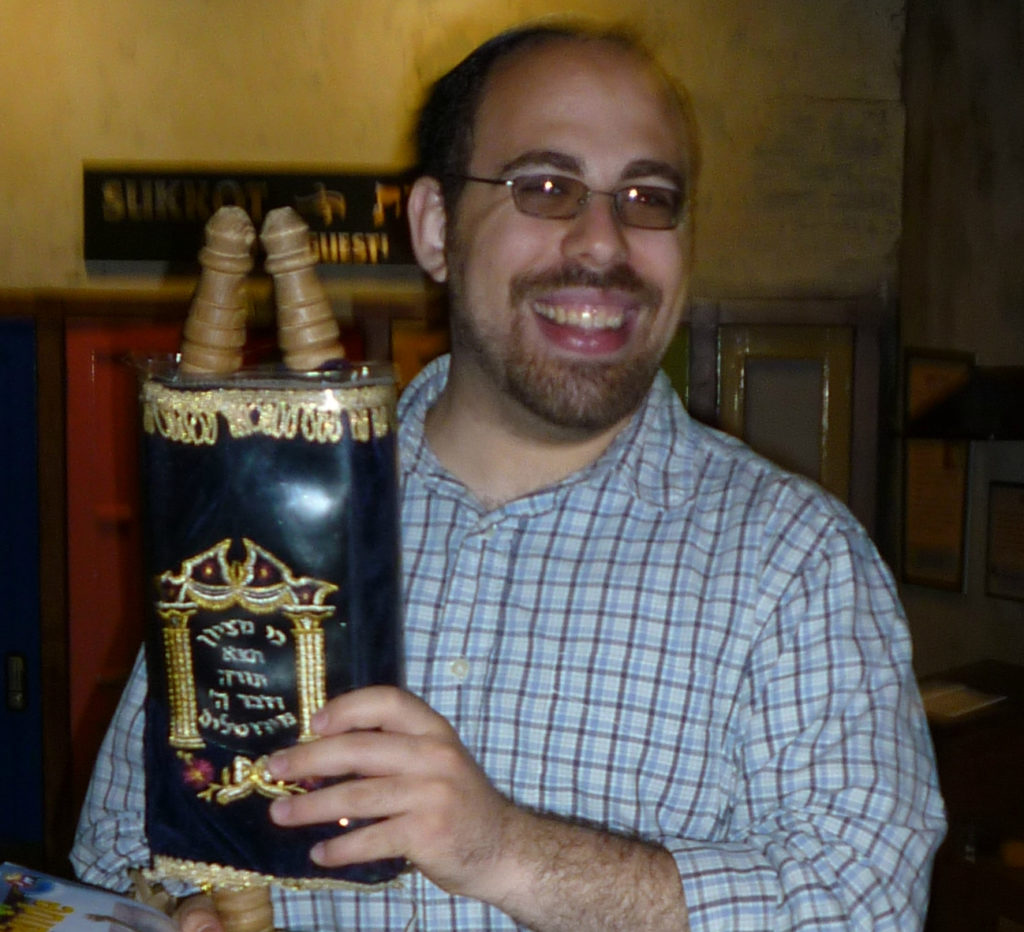
From Furious to Curious
I wonder how the story would have unfolded if God had been curious rather than furious, and if when Moses came down from the mountain and witnessed the dancing, he had been able to pause and observe, noticing the feelings arising and waiting to respond until his anger had quieted down. Was it reasonable to expect these newly freed slaves, who were just beginning to experiment with their sense of autonomy, to simply wait patiently for Moses to return?
read more










